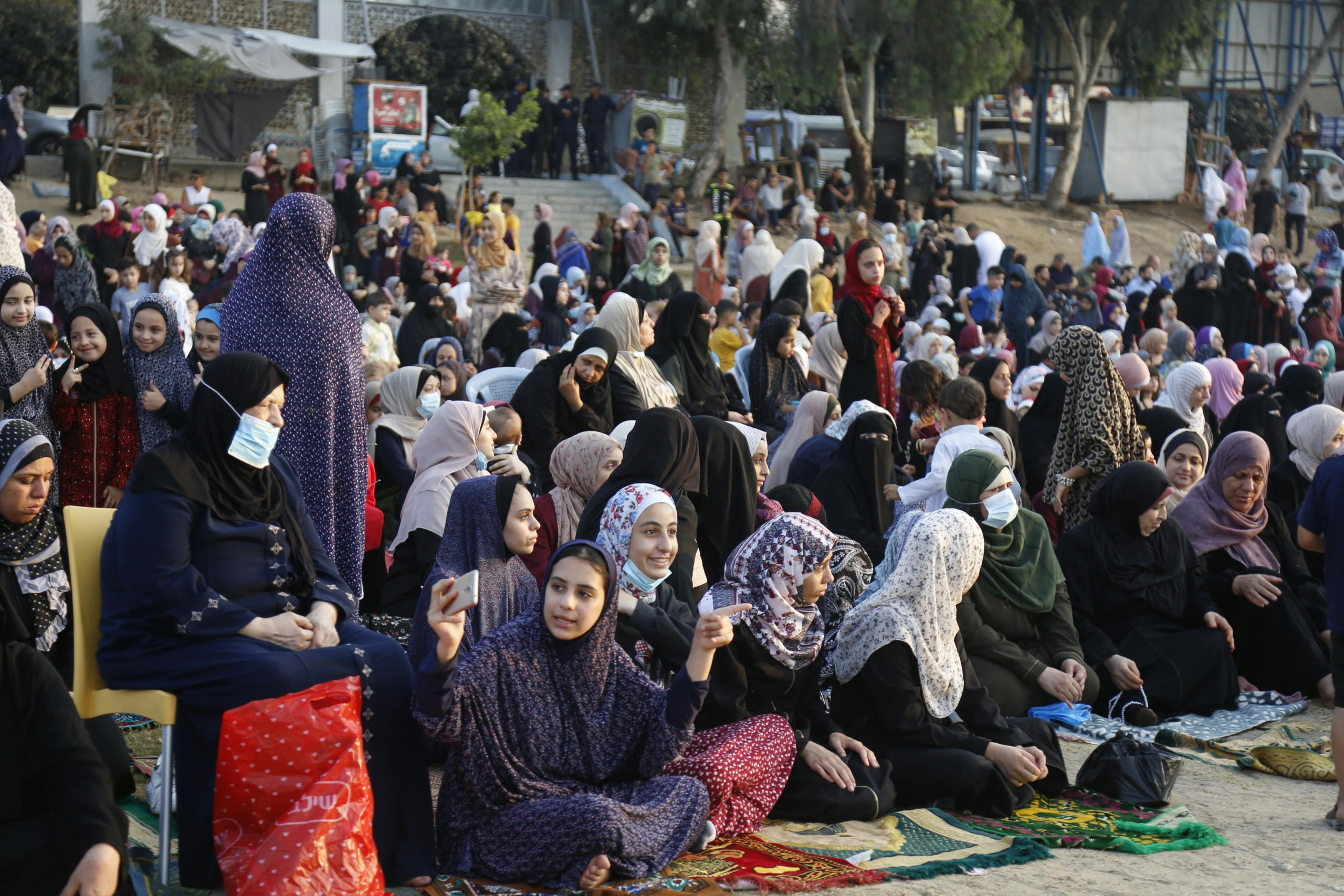Collective Action to Fight Poverty in Gaza
 The events of October 2024 have heightened the plights and struggles of those who call the Gaza Strip and the West Bank home. The conflict has left millions of people in Gaza struggling with poverty and unable to access basic necessities. According to Martin Griffiths, the United Nations’ (U.N.) humanitarian chief, the continuing violence has made delivering aid to the area nearly impossible.
The events of October 2024 have heightened the plights and struggles of those who call the Gaza Strip and the West Bank home. The conflict has left millions of people in Gaza struggling with poverty and unable to access basic necessities. According to Martin Griffiths, the United Nations’ (U.N.) humanitarian chief, the continuing violence has made delivering aid to the area nearly impossible.
For more than 30 years, the Palestinian Solidarity Campaign (PSC) has been at the forefront of the U.K. movement for Palestinian rights. As a grassroots organization, it is involved in lobbying politicians, challenging government policy and holding the media to account. The Borgen Project spoke to its Student and Young People Officer, Stella Swain, to discuss the importance of the organization’s grassroots methods when it comes to drawing attention to the struggle in Palestine.
Poverty and Struggle in Gaza
It is estimated that nine in every 10 people in Gaza have been displaced internally due to the conflict. Half of these people are children, many of whom have lost their families on top of their homes. In addition, according to the Palestinian Ministry of Health, more than 14,000 children have already been killed in the violence.
Furthermore, famine has long been looming in Gaza. As a result of the continual displacement, violence and restrictions placed on aid, organizations like Save the Children estimate that 96% of the population in Gaza is facing severe food shortages. As of May of this year, close to half a million jobs had been lost from the Palestinian economy since October 2023. This drop includes an estimated loss of 200,000 jobs in the Gaza Strip, 114,000 jobs in the West Bank and 148,000 cross-border commuters from the West Bank to the Israeli labor market.
This massive drop in employment and job opportunities has led to an unprecedented increase in poverty across the country. The overall poverty rate of Palestinians stood at 32.8% in mid-2023 – around 64% in Gaza and 12% in the West Bank. However, as of present, nearly every single Gazan lives in poverty due to the destruction caused by the ongoing conflict.
Young People at the Forefront
Students have long led campaigns and protests that have shaped the world, including the movement against the Vietnam War and the fight to end apartheid in South Africa. Protests calling for an end to the conflict in Gaza are no different. More and more student encampments are being set up around the world as students and other young people demand that universities and governments acknowledge the violence in Gaza and its impacts on the civilians in the area.
Swain stated that student organizing had shown universities that “the vast majority of their student body care deeply about where their institutions’ money is going and that they are determined that these institutions should enact their alleged ethos of global responsibility.”
Grassroots organizations, such as the PSC and The Borgen Project, mobilize the power of the people to bring about significant cultural, political and environmental change. Ben Jamal, the director of the PSC, emphasized the importance of public support at the organization’s Divest for Palestine Conference. He stated that their “longer-term and enduring task is to harness the energy of this extraordinary movement of solidarity and resistance into sustained campaigns to achieve the change needed” to end the violence and secure support and aid for the Palestinian people.
Looking Forward
The work of the PSC is a reminder of the importance of citizens coming together to hold their elected officials to account. The organization is working to bring the struggles of Palestinians to the forefront of the minds of powerful politicians who can provide aid and support. Grassroot organizations like PSC stand as proof of the importance of collective action to change the lives of those struggling in poverty.
– Kristina Grant
Kristina is based in Scotland and focuses on Good News and Politics for The Borgen Project.
Photo: Pexels
